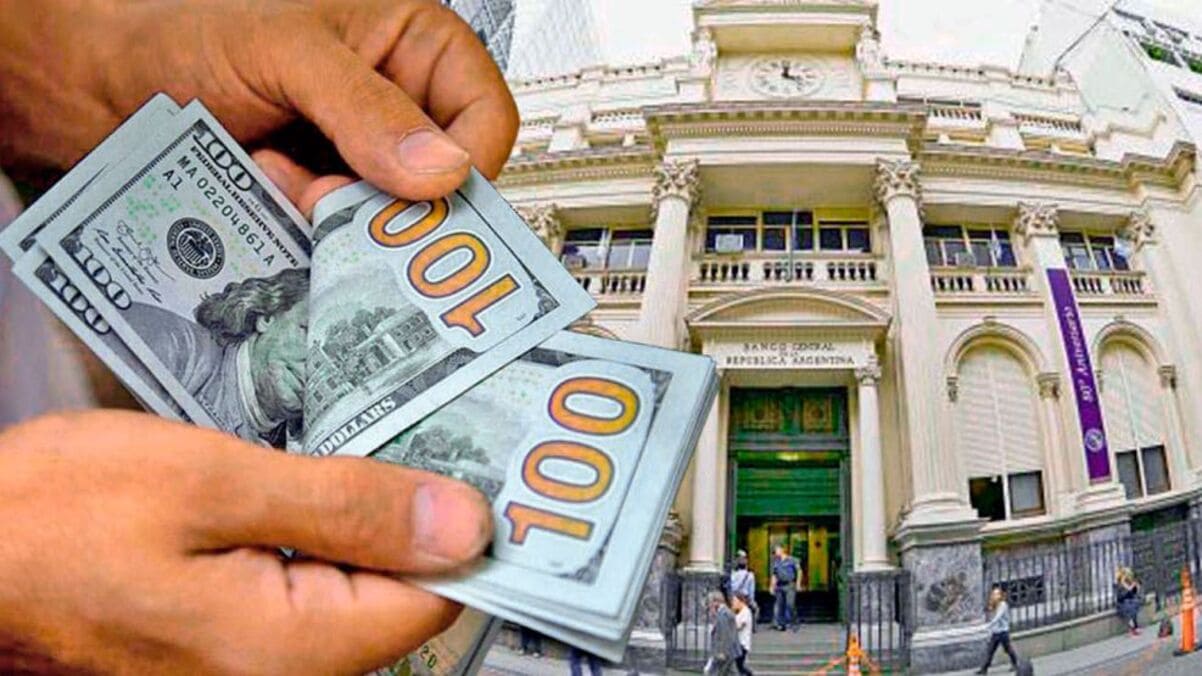Pressure on reserves: Provinces and companies must pay USD 1.74 billion before the elections


The Central Bank will face additional pressure on its reserves : provinces and private companies will have to pay approximately USD 1.74 billion in foreign currency debt payments before the October legislative elections . This is according to estimates by financial consulting firms Portfolio Personal Inversiones (PPI) and Aurum Valores, which warn of a quarter with lower foreign currency inflows and high demand.
Daily Markets ?? The Central Bank unexpectedly began offering repos to banks? Thanks to the BCRA's actions, the dollar paused its upward trend? The Central Bank is holding the final auction of BOPREAL Series 4 today? The Merval closed in positive territory.
The situation occurs in a context of sustained exchange rate tension, which led the government to intervene in futures markets and reopen channels for absorbing pesos through passive repurchase agreements with banks. Meanwhile, the supply of foreign currency is beginning to shrink following the end of the coarse grain harvest, exacerbating the challenge of maintaining exchange rate stability.
#ChartOfTheDay The #BCRA has resumed swap operations. No such transactions have been recorded since the end of the currency controls, and this time it did so at a rate of 35/36% APR. The goal of these maneuvers is to establish a floor for the segment's yields in pesos,… pic.twitter.com/6zNjYa6X9a
— PPI | Personal Investment Portfolio (@pportfolio) July 16, 2025
According to private estimates, September will be the month with the highest debt burden, with payments exceeding USD 500 million, of which USD 375 million correspond to the province of Buenos Aires . Other jurisdictions, such as Córdoba, Mendoza, Neuquén, Río Negro, Jujuy, Chaco, and Entre Ríos, will also have to meet their obligations. Combined, by October, the provinces will pay more than USD 780 million.
In the private sector, companies with dollar-denominated bonds will face peak payments in August and October, with more than USD 260 million in each case. After the elections, the monthly demand could climb to USD 400 million by the end of the year.
Analysts warn that the typical pre-election dollarization pressure could have been anticipated. " Producers could be buying official dollars and exporters financial dollars with the money settled through the MULC ," PPI noted. Although there is a cross-restriction that prevents trading in both markets simultaneously, it is possible to settle in one and buy in the other.
At the same time, a " seasonal jump in energy import payments " was observed. Despite the increase in Vaca Muerta production, LNG purchases are only 15% below last year's levels. Furthermore, they noted that importers have immediate access to the official foreign exchange market since April 14.
PPI also warned that pre-election dollarization could be underway, especially given the split elections in the province of Buenos Aires, which will be held on September 7. Historically, in years without the "cepo" (exchange controls), the formation of external assets by individuals doubled or tripled in the weeks leading up to the elections, regardless of the economic or political context.
According to PxQ, increased exchange rate volatility could jeopardize the government's anti-inflation strategy, which considers price controls its main electoral anchor. The report highlights several factors that could contribute to this policy, such as the extension of the temporary reduction in withholding taxes, foreign currency issuances by corporations and provinces, and the inflow of capital from non-residents.
However, if these flows are not sufficient, the Executive branch is already showing its willingness to intervene in the market: directly, by further tightening the interest rate, or indirectly, by selling dollar futures.
elintransigente





